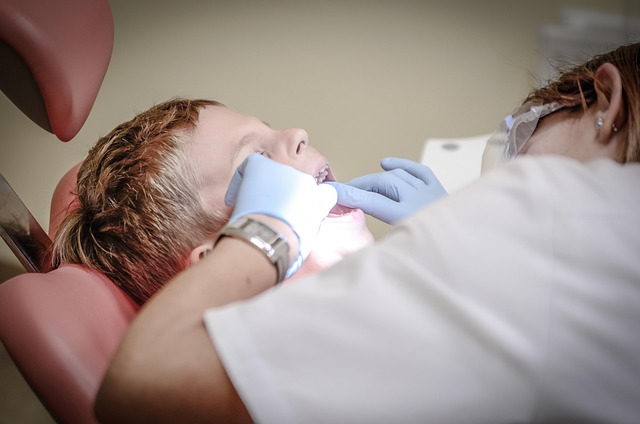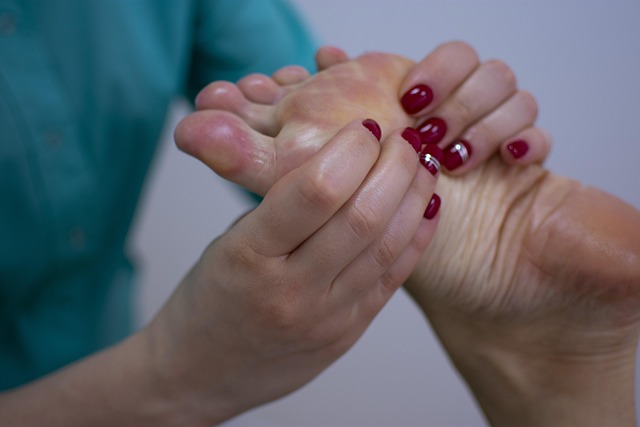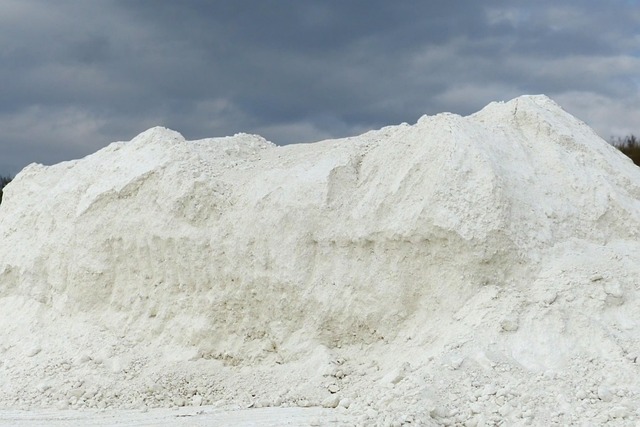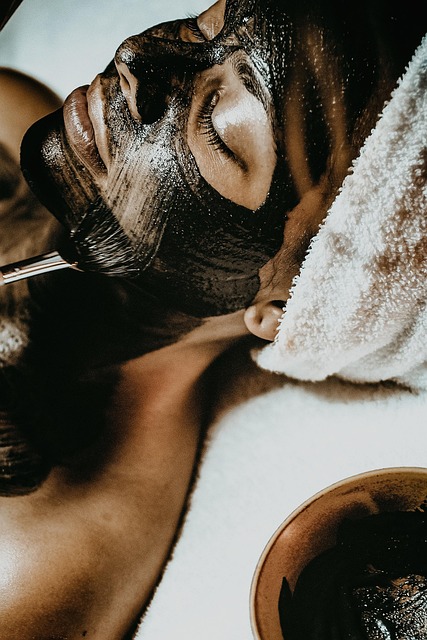Warts vary in type and origin, requiring tailored removal solutions. Over-the-counter remedies treat minor cases, while persistent warts need expert advice for effective comprehensive wart removal care. Advanced options like acid therapies, cryotherapy, laser treatments, and topical creams offer efficient solutions. Home remedies like apple cider vinegar, garlic, and salicylic acid creams provide alternatives. Professional medical procedures ensure precise, pain-free removal for stubborn cases. Maintaining hygiene, balanced diet, and using at-home removers support comprehensive wart removal care.
Looking for swift and safe relief from unsightly warts? This comprehensive guide offers a detailed review of fast-acting treatments, addressing various wart types and causes. We explore top options, from topical creams to home remedies and medical procedures like lasers and surgery. Learn how to evaluate safety and efficacy, prevent recurrence, and achieve effective wart removal. Discover the best approach for your needs and reclaim smooth, clear skin.
- Understanding Common Wart Types and Causes
- Exploring Fast-Acting Wart Treatment Options
- Evaluating Safety and Efficacy of Topical Creams
- Home Remedies for Effective Wart Removal
- Medical Procedures: Laser and Surgical Approaches
- Prevention Strategies to Avoid Recurrence
Understanding Common Wart Types and Causes

Warts are common skin growths caused by the human papillomavirus (HPV). There are several types, each with unique characteristics and causes. Common warts, also known as verrucae, often appear on the hands and feet and are usually rough to the touch. They can be triggered by direct contact with an infected person or surface. Genital warts, affecting the genital and anal areas, are sexually transmitted and caused by specific types of HPV. Plantar warts, found on the soles of the feet, often develop due to prolonged exposure to moist environments like public showers or swimming pools.
Understanding these wart types is essential when seeking comprehensive wart removal care. Different treatments may be required for each type, with over-the-counter medications and topical creams being suitable for common warts, while more persistent cases might necessitate a visit to a Birmingham wart clinic for expert advice on removal. The key to successful treatment lies in identifying the specific type and cause, enabling individuals to explore various ways to remove them effectively.
Exploring Fast-Acting Wart Treatment Options

When it comes to fast-acting wart treatments, there’s a range of options available for comprehensive wart removal care. These treatments are designed to target and eliminate warts swiftly, providing relief to those seeking an efficient solution. One popular choice is topical acid therapies, which include salicylic acid and lactic acid formulations. These acids work by gradually softening and dissolving the outer layers of the wart, allowing for easy removal. They are generally safe and can be applied at home, making them a convenient and cost-effective option for wart removal Gloucester.
Another effective approach is cryotherapy, where warts are frozen using liquid nitrogen. This method is quick and often results in the complete disappearance of warts within a few treatments. However, it might cause temporary discomfort and may not be suitable for everyone. Laser treatments are also emerging as a promising option, offering precise targeting and minimal side effects. These advanced techniques provide individuals with various ways to get rid of persistent warts, ensuring effective and efficient wart removal care.
Evaluating Safety and Efficacy of Topical Creams

When evaluating safe fast acting wart treatments, topical creams stand out as a popular and effective option for comprehensive wart removal care. These creams contain active ingredients that target and eliminate warts by disrupting their growth patterns. However, not all creams are created equal; thus, understanding their safety and efficacy is crucial. Look for products with proven track records, such as those containing salicylic acid or imiquimod, which have shown success rates of up to 90% in clinical trials.
The private wart removal Blackburn market offers various strategies, including over-the-counter creams and prescription medications. When choosing a treatment, consider factors like ease of application, potential side effects, and the time frame for results. Topical creams are generally safe when used as directed but may cause mild irritation or dryness. If you’re unsure about which product to select, consulting with a healthcare professional is if, ensuring you receive personalized advice tailored to your specific needs and concerns.
Home Remedies for Effective Wart Removal

Warts can be stubborn and painful, but there are several home remedies that offer comprehensive wart removal care. One popular method involves using apple cider vinegar, which is known for its acetic acid content. Soaking the affected area in a mixture of equal parts vinegar and water daily, or applying pure vinegar directly to the wart with a cotton ball, can help dissolve the skin cells that make up the wart over time.
Another effective home remedy is garlic. Crushing a clove of garlic and applying it directly to the wart, then covering it with a bandage, can provide relief from pain and potentially speed up healing. Garlic contains allicin, an antibacterial and antifungal compound that may help weaken the wart. Alternatively, over-the-counter creams containing salicylic acid are also popular choices for at-home treatments. These creams soften the wart’s outer layer, allowing it to be removed more easily. However, if warts persist or cause discomfort, it’s essential to see a doctor for professional advice and treatment options.
Medical Procedures: Laser and Surgical Approaches

In terms of medical procedures for comprehensive wart removal care, advanced techniques like laser and surgical approaches offer effective solutions. Laser treatments use targeted light energy to burn and destroy warts, providing a relatively quick and pain-free process. This method is often preferred for its precision, ensuring minimal damage to surrounding skin. On the other hand, surgery involves physically removing the wart with specialized tools, suitable for more persistent or large warts.
For those seeking alternatives to clinical settings, some at-home wart removal methods are available. However, it’s crucial to remember that these treatments might not be as efficient as professional procedures and should be chosen wisely. The Canterbury Wart Clinic, for instance, offers specialized care, catering to various wart removal needs, ensuring patients receive the most suitable treatment for their specific case.
Prevention Strategies to Avoid Recurrence

Warts can be persistent, so a comprehensive wart removal care strategy involves prevention as much as treatment. One effective approach is to maintain good hygiene practices. Regularly washing your hands and keeping them dry can significantly reduce the risk of contracting or spreading warts. Additionally, reinforcing healthy skin immunity by adopting a balanced diet rich in vitamins and minerals can make your skin less susceptible to viral infections that cause warts.
To prevent recurrent warts, consider using at-home removers as part of your self-care routine. Over-the-counter options often contain ingredients like salicylic acid or podophyllotoxin, which have shown effectiveness in removing warts gently and safely. These removers can be applied regularly to disrupt the wart’s growth cycle; however, it’s crucial to follow instructions carefully and consult a healthcare professional if concerns arise.
In conclusion, a comprehensive wart removal care regimen involves understanding your specific wart type, exploring fast-acting treatments like topical creams, considering home remedies, and knowing medical procedures. Safety and efficacy are paramount, as is prevention to avoid recurrence. By combining these strategies, you can achieve effective wart removal and maintain healthy skin.
